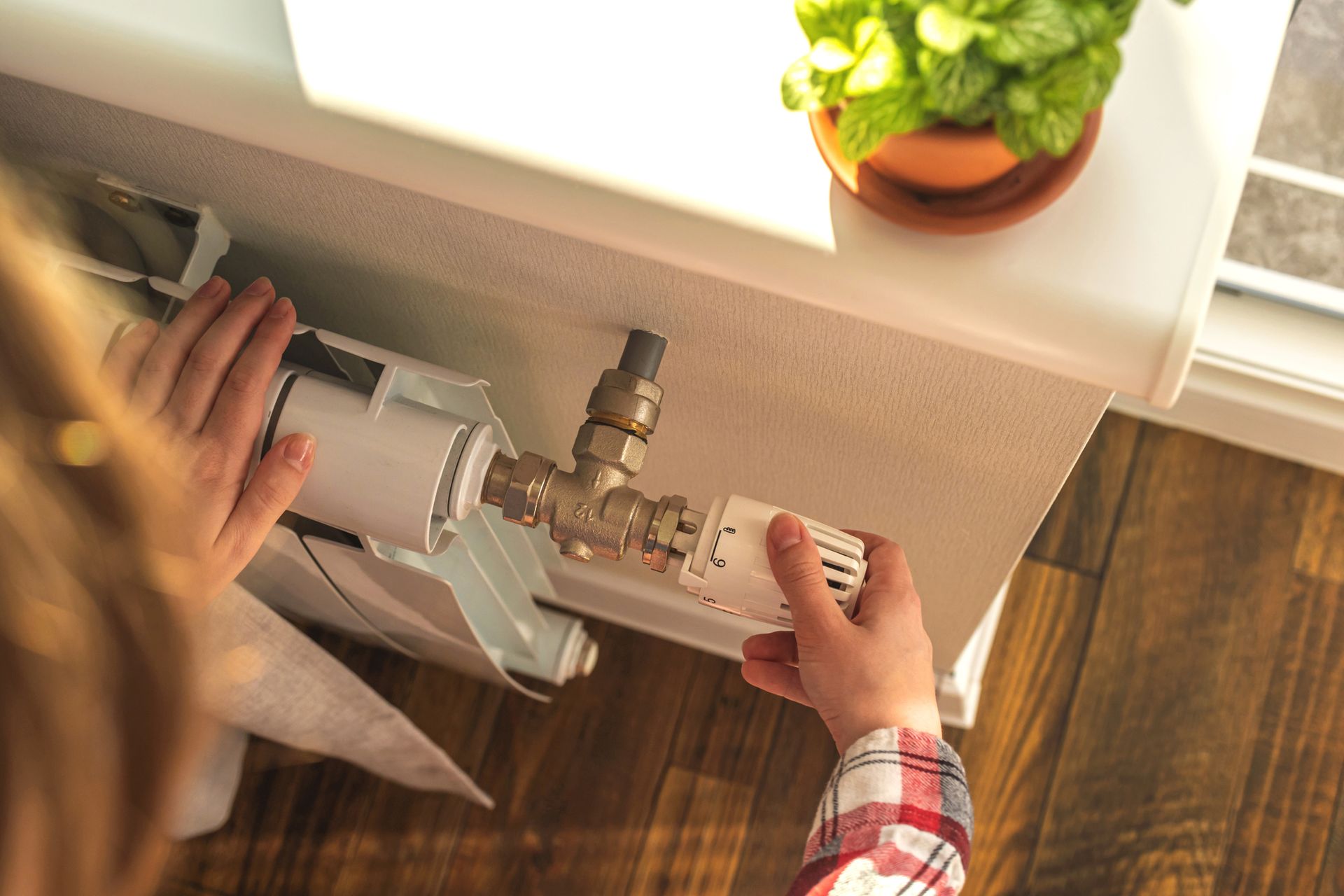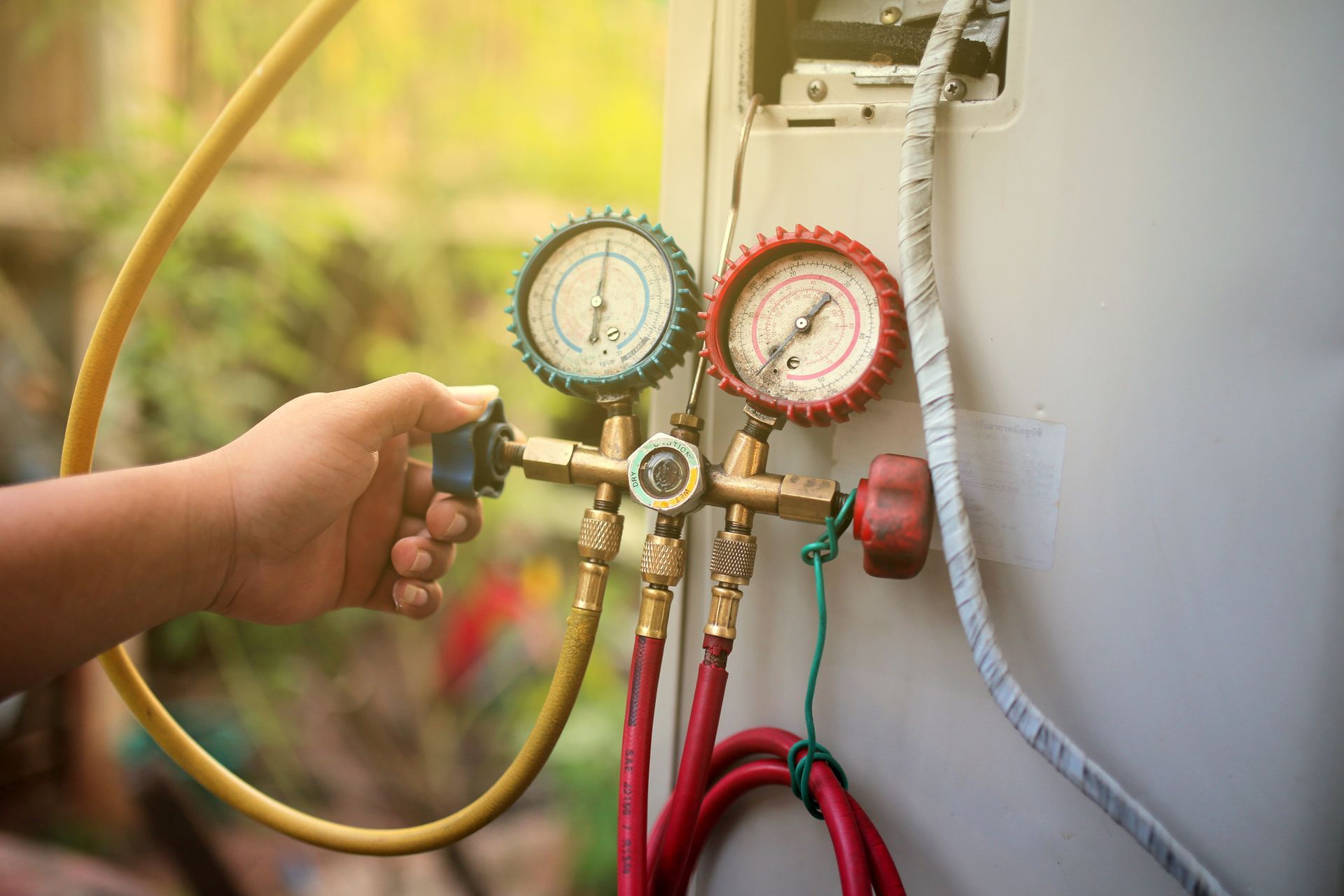Newport News: (757) 930-0928
Dirty Furnace Filters | Riverside Heating & Air Conditioning
Gas Vs. Electric Furnaces: Everything You Should Know
Many homeowners seriously consider how they will keep their homes warm and comfortable during colder seasons. One of the most significant decisions is whether to buy a gas or electric furnace.
The decision ultimately depends on various factors, which you should understand to make the right decision to help you and your household. In this blog post, we will dive into everything you should know about gas and electric furnaces.

Gas Furnaces
Gas furnaces are a form of residential heating system that use natural gas as a source of fuel to warm an entire building. A flame called a pilot flame ignites the burner, which in turn warms a metal heat exchanger. Cold air flows into the furnace via intakes and is warmed as it goes through this heat exchanger.
The blower then forces the heated air through the home's ductwork, which increases the inside temperature. The furnace will remain active until the thermostat senses that the room or house has reached the set air temperature.
The heating system will restart when the temperature falls below the thermostat's setting. Gas furnaces need a direct natural gas line leading into the residence and a flue for safe exhaust removal.
Gas furnaces are cheap to run because natural gas costs have decreased over time. Moreover, gas furnaces are more potent than electric furnaces and can heat an area considerably more quickly. In addition, you can combine your gas furnace with a cooling system and burn more cleanly than the fuels used to generate energy.
However, the initial installation costs of a gas heater may be expensive because your house must either have a pre-existing gas line or you need to install one. Also, natural gas combustion might increase the possibility of carbon monoxide exposure if the system breaks or does not undergo proper maintenance. Moreover, gas furnaces have a shorter life span than electric furnaces.
Electric Furnaces
The electronic ignition of an electric furnace draws cold air into the heat exchanger, where the electric coils heat the cold air. A blower fan then pushes the hot air into the ducting to generate warmth for the residence. The thermostat determines whether the furnace turns on or off throughout the day.
Electric furnaces don't give off carbon monoxide; they don't need much maintenance and can last up to 30 years. As a result, they are a safer alternative to gas-powered furnaces. The setup process is also more straightforward for electric furnaces since the heating, ventilation, and air conditioning (HVAC) technician only needs to connect your furnace to all modern houses' existing electric systems.
However, electric furnaces are more expensive to run than gas furnaces. Moreover, they drain more moisture from the atmosphere and heat places much slower than gas furnaces. This inefficiency results in more significant electricity usage and a longer time needed to warm a home, which can increase energy expenses.
Choose a Furnace
Your choice between a natural gas or electric furnace will depend on your budget, existing utilities, and personal beliefs about energy efficiency.
One thing to consider is the initial cost of installation. If you have adequate capital for a gas furnace installation, this may be a great option for your home. However, you might have to deal with the recurrent expenses of electric furnace operations in the appliance's lifespan.
Also, personal beliefs about environmental conservation may influence your decision. You might prioritize reducing your carbon footprint and prefer an electric furnace for its lower environmental impact. However, you might also prioritize energy usage and efficiency over emitting gas into the environment.
BROWSE OUR WEBSITE
CONTACT INFORMATION
Phone:
Newport News: (757) 930-0928
Gloucester: (804) 684-0808
Address:
12549 Warwick Blvd. Newport News, VA 23606
4041 George Washington Memorial Highway Hayes, VA 23072








